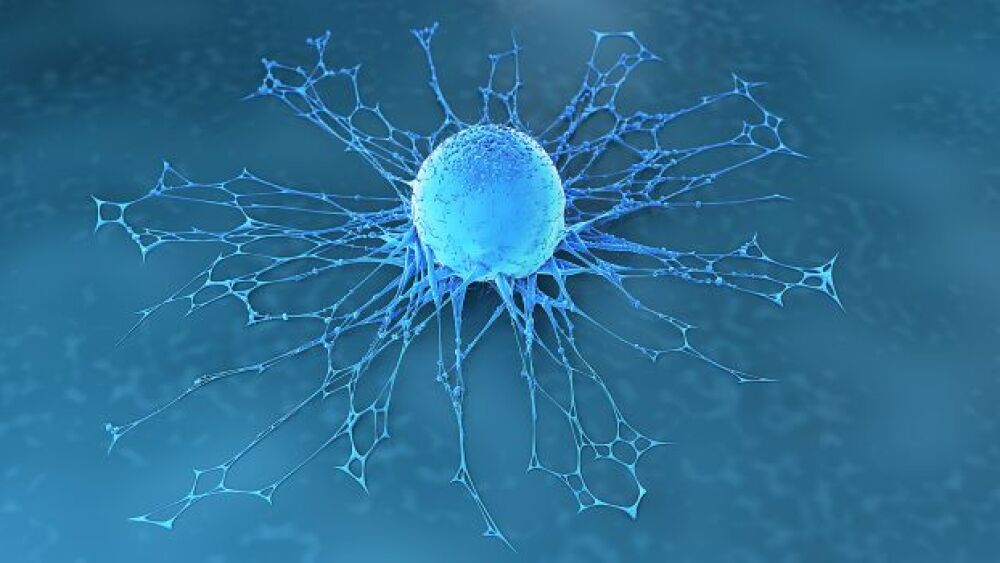French biotech Diaccurate bolstered its oncology and immunology pipeline with the acquisition of a Phase II-ready dual PAM inhibitor from Merck KGaA, Darmstadt, Germany.
French biotech Diaccurate bolstered its oncology and immunology pipeline with the acquisition of a Phase II-ready dual PAM inhibitor from Merck KGaA, Darmstadt, Germany. The deal transforms Diaccurate into a clinical-stage company.
The acquired asset dubbed DIACC3010, formerly M2698, will be positioned against multiple solid tumors, as well as some hematological cancers, the company said. The PAM pathway is one of the most commonly dysregulated molecular circuits involved in cancer progression, Diaccurate said in its announcement. As an inhibitor of the PAM pathway, DIACC3010 also simultaneously impacts two critical parts of that pathway, AKT1/3 and p70S6. The company anticipates DIACC3010 will have a higher efficacy and better safety profile than other PAM inhibitors.
Pre-clinical and Phase I studies conducted by Merck KGaA have shown that DIACC3010 has the capability to cross the blood-brain barrier, which provides it with unique advantages over other therapies. Phase I data provided by Merck KGaA shows the drug was well tolerated. Merck KGaA assessed the asset in patients with advanced, refractory solid tumors who failed standard therapies. The Germany-based company also assessed DIACC3010 as combination therapy with the chemotherapy treatment trastuzumab and/or estrogen modulator tamoxifen in patients with advanced breast cancer. DIACC3010 demonstrated early signs of antitumor activity in patients with advanced breast cancer resistant to multiple standard therapies. Additionally, the companies noted that potential biomarkers of pharmacological activity were seen in blood mononuclear cells and tumor tissues in patients treated with DIACC3010.
Diaccurate plans to begin start exploratory Phase II programs in incurable solid tumors and lymphomas by the second half of 2022, the company said. For solid tumors, Diaccurate will focus on cancers associated with a high-prevalence of PAM mutations, which includes triple negative breast cancer and gastric cancer. The hematology program will address cancers in which the PI3K pathway plays a major role, including relapsed/refractory B-cell and T-cell lymphomas, the company said.
Andreas Stickler, chief financial officer and head of Strategy, Business Development and Portfolio Management of the Healthcare business sector of Merck KGaA, said they are confident that Diaccurate’s background in developing novel mechanisms makes the company the “right partner to advance the development of M2698 in cancers with high unmet needs.”
Diaccurate Chief Executive Officer Dominique Bridon expressed pride that Merck KGaA selected his company to advance clinical development of the PAM inhibitor.
“This dual PAM inhibitor could overcome limitations of existing anti-cancer treatments, and, if successful, would be a breakthrough innovation providing hope to patients with high unmet medical needs,” Bridon said in a statement.
Financial terms of the acquisition were not disclosed. However, Merck KGaA has taken a state in Diaccurate.





